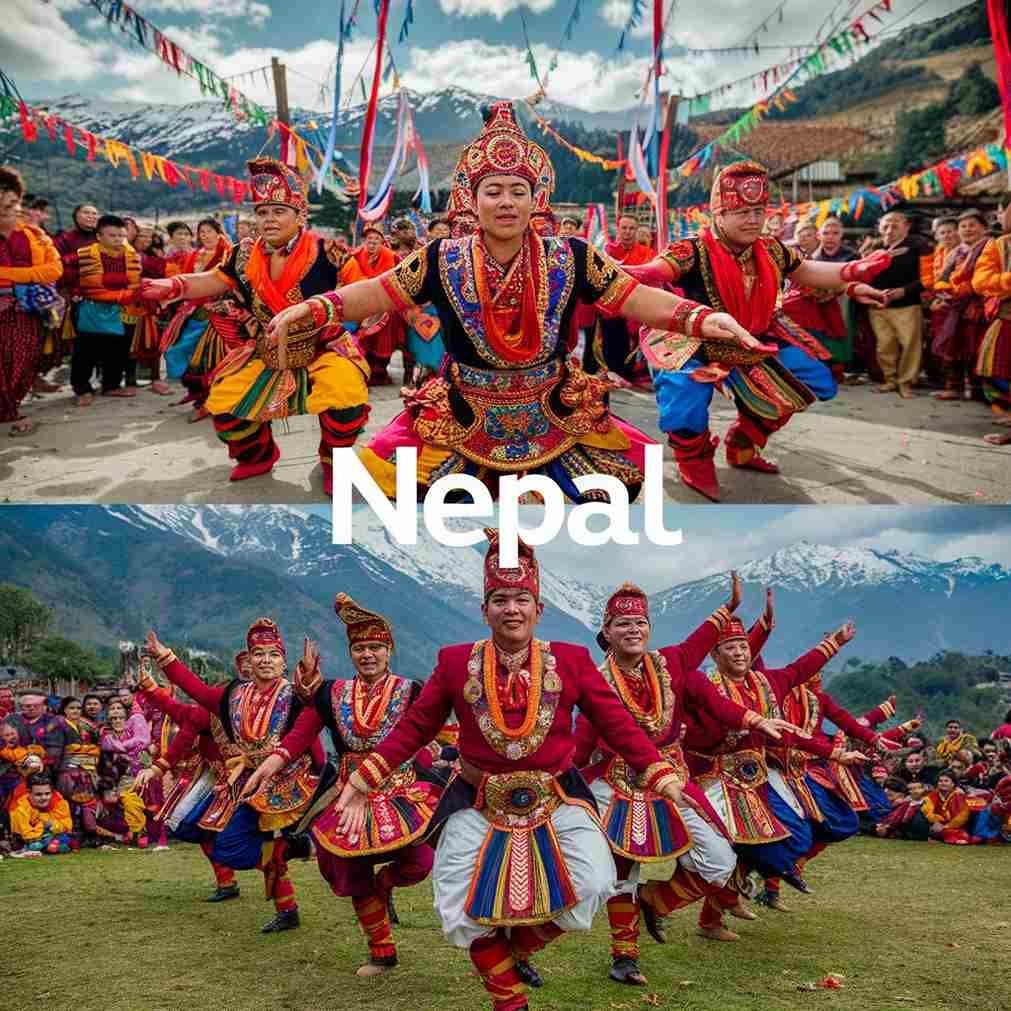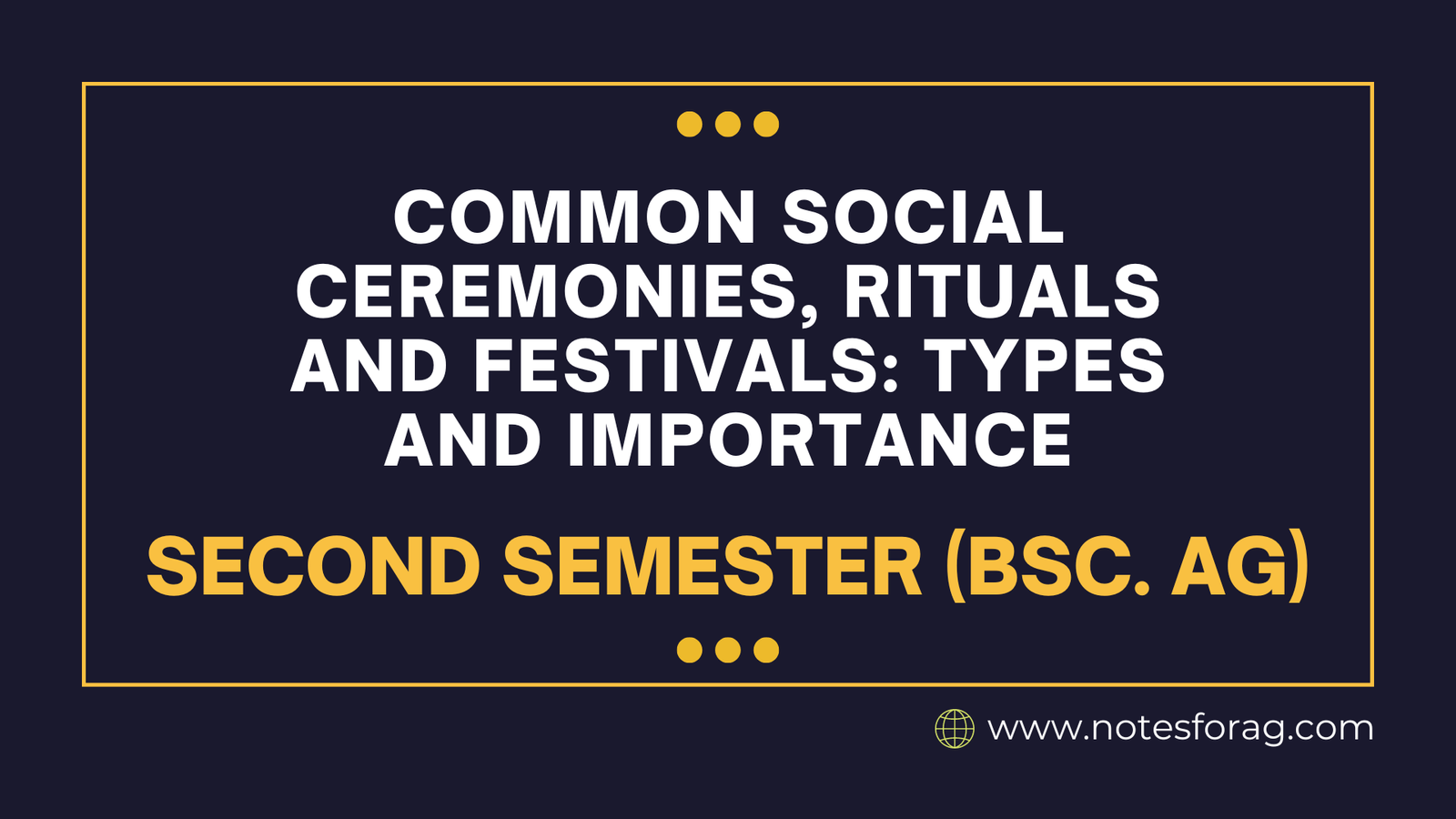A vital part of human culture, social ceremonies, rituals, and festivals commemorate important life events, seasonal shifts, religious holidays, and important national occasions. Whether they are religious holidays, weddings, harvest festivals, or national celebrations, these events are vital for maintaining cultural heritage, building community, and offering psychological and spiritual support. They are vital parts of societal structure and identity because they serve not only to commemorate and celebrate but also to educate and fortify social ties.
Table of Contents
Introduction to Social Ceremonies and Rituals

Social rituals and ceremonies transcend geographic borders and historical eras and are ingrained in human societies. These customs, which are frequently deeply ingrained in tradition, have fulfilled a variety of functions throughout history, including fostering community, conserving cultural legacy, and commemorating momentous occasions. Social ceremonies can encompass a variety of occasions, from national holidays and harvest festivals to life-cycle events like weddings and funerals.
Throughout history, rituals and ceremonies have played a crucial role in maintaining the continuity and stability of societies. They are performed with a sense of reverence and solemnity, and frequently have symbolic meanings. Rituals are viewed as a means of seeking blessings from the divine, avoiding evil, or interacting with it in many cultures. These customs have great cultural and emotional significance and go beyond simple acts of tradition.
Social ceremonies and rituals continue to be very important even in modern times. They offer a structure for social interaction that promotes a feeling of belonging and community. Events such as the joy of a marriage ceremony, the solemnity of a memorial service, or the celebration of a new birth are essential in identifying the turning points and milestones in human life.
Types of Social Ceremonies, Rituals, and Festivals
Social rituals and ceremonies are essential for maintaining cultural heritage and forming communities. Global differences in these practices reflect the diverse range of human experiences and belief systems. Religious ceremonies, cultural rituals, and community events are the three basic categories into which social ceremonies and rituals can be broadly divided.
Religious Ceremonies
Religious ceremonies frequently commemorate important life events and have their roots in spiritual beliefs. For example, weddings are universal ceremonies that bring people and families together, and every religion has its own special customs associated with them. Hindu weddings may include intricate customs like the “Saptapadi,” or the seven steps, while Christian weddings may involve the exchanging of rings and vows. Another common religious ritual is baptism, which in many Christian denominations represents spiritual purification and rebirth. In the Jewish tradition, Bar Mitzvahs and Bat Mitzvahs signify a boy’s and girl’s coming-of-age and emphasize their roles within the faith community.
Cultural Rituals
Religious rituals and cultural rituals frequently overlap, but cultural rituals are unique in that they honor tradition and identity. Many cultures have coming-of-age rituals, like the Quinceañera in Latin American communities, which symbolize a girl’s entry into womanhood. Harvest celebrations, such as Pongal in India and Thanksgiving in the United States, honor the harvest and show appreciation for the year’s crop. By transmitting customs from one generation to the next, these rituals support cultural continuity and communal ties.
Community Events
A diverse range of public gatherings that promote social cohesion and collective identity are referred to as community events. For instance, parades, which are observed at occasions like the Rio Carnival in Brazil or the St. Patrick’s Day parades in Ireland and the US, are colorful exhibitions of group pride and cultural expression. National unity is promoted and historical landmarks are honored on public holidays like France’s Bastille Day and the United States’ Independence Day. These gatherings give local communities a chance to honor their shared history, celebrate common values, and get together.
Seasonal Festivals
Seasonal festivals are events that coincide with the equinoxes, solstices, and harvest seasons, among other natural cycles of the year. These celebrations, which include Thanksgiving, Diwali, Midsummer, and the Winter Solstice, are firmly anchored in astronomical and agricultural customs and frequently signal the change of the seasons. They promote a sense of community and the survival of cultural traditions while also serving to commemorate the abundance of the harvest, the changing of the seasons, and the rebirth of life. Seasonal festivals bind people to one another and the cycles of the natural world through food, customs, and group activities.
The Role and Importance of Festivals
Festivals are essential to society because they foster a sense of community and serve as a platform for cultural expression. These occasions are not just for celebration; rather, they are integral parts of the social fabric, serving as a window into the customs, values, and beliefs of local communities. Societies ensure the continuation of cultural heritage by preserving old customs and passing them on to future generations through festivals.
- Cultural Preservation: By passing down cultural values, beliefs, and customs from one generation to the next, these events aid in their preservation.
- Social Cohesion: By uniting people to share similar experiences, they promote a sense of community and belonging.
- Identity Formation: By signifying significant life transitions and reaffirming group membership, rituals and ceremonies are essential in forming both individual and collective identities.
- Emotional Expression: Whether in joy, grief, or introspection, they offer communities and individuals orderly means of expressing their feelings.
- Educational Value: Festivals and ceremonies frequently include an educational element that instructs attendees about religious doctrine, historical events, or customs.
- Economic Impact: A lot of festivals and ceremonies have a big impact on the economy because they bring in money from the travel and entertainment sectors as well as other related businesses.
- Spiritual Significance: Religious celebrations and rituals provide chances for introspection, spiritual development, and communion with the divine.
- Community Support: At times of major life transition, gatherings such as weddings and funerals offer consolation and unity through social support.
In conclusion, social celebrations such as festivals and ceremonies are crucial to preserving a society’s social and cultural fabric. They perform a variety of tasks, such as nurturing community, maintaining customs, and offering psychological and spiritual support.
Frequently Asked Question(FAQ)
Why are cultural festivals important?
Cultural festivals, like Chinese New Year, Carnival, and Mardi Gras, honor the history and customs of particular communities. They promote mutual respect and understanding, teach others about diverse customs, and aid in the preservation of cultural identities.
What roles do ceremonies and festivals play in education?
Festivals and ceremonies frequently include educational elements that instruct attendees on historical occurrences, customs, and religious beliefs. They offer chances for education and cross-cultural interaction.
Related Articles

